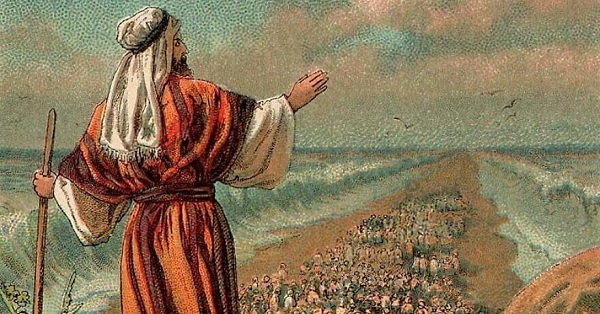This year we are slaves: What can these words mean?
We are slaves...
Because yesterday our people were in slavery, and memory makes yesterday real for us.
We are slaves because today there are still people in chains, around the world, and no one can be truly free while others are in chains.
We are slaves...
Because freedom means more than broken chains.
Where there is poverty and hunger and homelessness, there is no freedom;
Where there is prejudice and bigotry and discrimination, there is no freedom; Where there is violence and torture and terrorism and war, there is no freedom.
And where there are pandemics, there is no freedom.
And where each of us is less than he or she might be, we are not free, not yet.
And who, this year, can be deaf to the continuing oppression of the downtrodden, who can be blind to the burdens and the rigors of the most vulnerable in our own midst?
Who can be indifferent to the victims of violence — our brothers and sisters in Jerusalem and throughout Israel, the Palestinians themselves, our neighbors — children, women — here at home?
Who can ignore the silenced and the intimidated in Syria and in so many other places, the murdered and the plundered and the starved in Yemen, the dying and suffering now even in our own country and worldwide?
So long as such things persist, who among us can say that he or she is free?
Therefore, when we say that this year we are slaves, but that next year we shall be free, we make a pledge.
It is the same pledge we made last year, and the year before that, and we shall make it next year, too, for the road to freedom is not an easy road and we will not soon reach its end, our goal.
Yet it is the road we have chosen, and the choice itself is a foretaste of freedom and it is up to us to make it happen.
